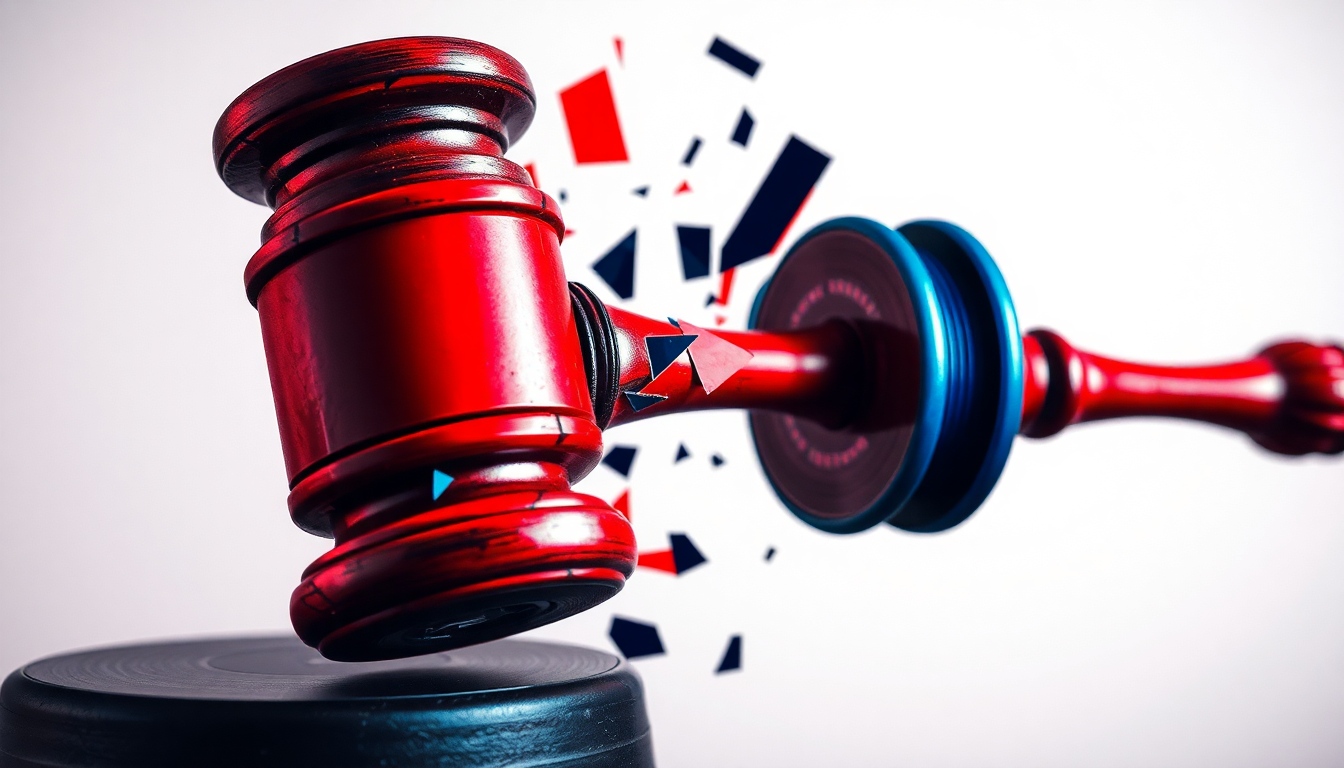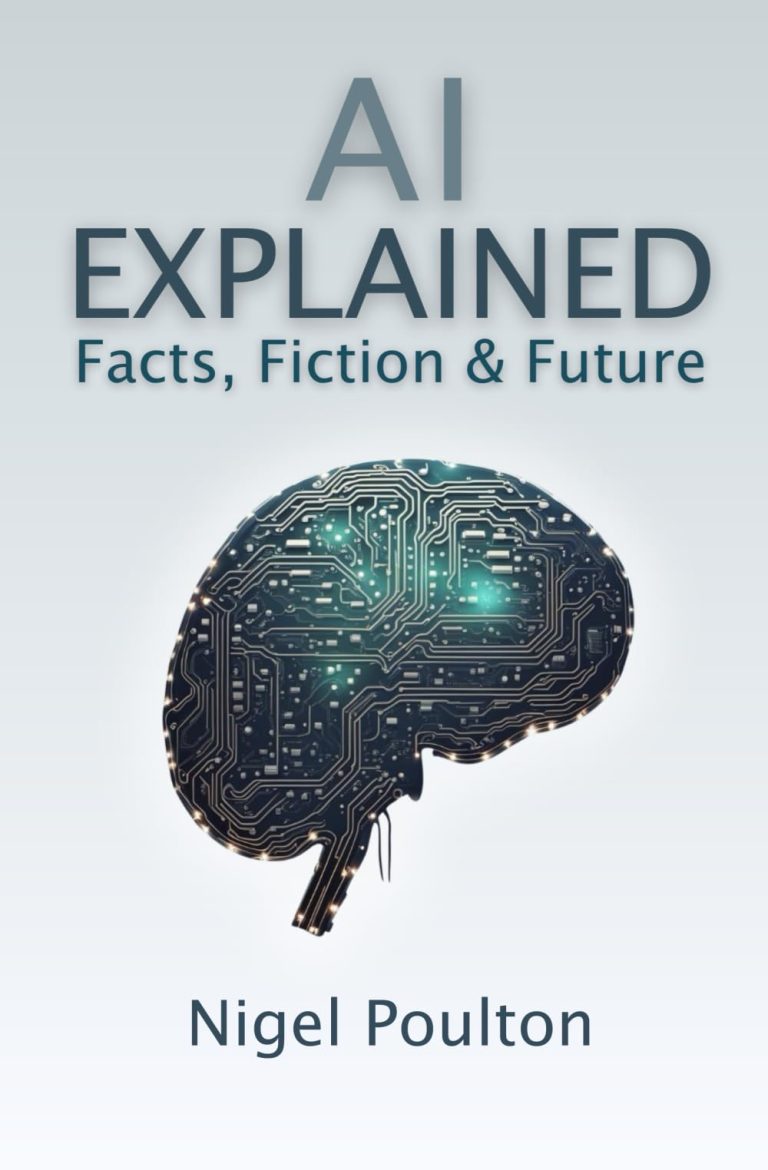
Now loading...
In a significant legal escalation, leading record companies have intensified their lawsuit against the artificial intelligence startup Suno, claiming the company engaged in unauthorized music piracy from YouTube to develop its AI-powered music models. The Recording Industry Association of America (RIAA) submitted an amended complaint on September 19, accusing Suno of engaging in “stream ripping,” a practice that involves converting streaming content into downloadable formats. The record labels assert that this action not only bypassed YouTube’s protective mechanisms designed to prevent copyright violations but also constituted a willful infringement of copyright laws.
According to the updated allegations, Suno reportedly employed specific coding techniques to access and download copyrighted material belonging to major labels, including Universal, Sony, and Warner. The complaint details how Suno allegedly sidestepped YouTube’s “rolling cipher” encryption system, thus facilitating extensive and unauthorized use of protected works. This circumvention, the suit argues, is a blatant violation of the Digital Millennium Copyright Act (DMCA), particularly its Section 1201, which prohibits the avoidance of technological measures that control access to copyrighted content.
Section 1201 of the DMCA has been a topic of increasing scrutiny in recent years as its applications have broadened to cover various issues, from unlocking devices to managing repairs. This lawsuit, however, seeks to invoke the section’s original intent, which is to safeguard against piracy. While there exists a mechanism for obtaining exceptions to this rule, no such exceptions currently allow for the circumvention of protections specifically for the purpose of training artificial intelligence.
Suno’s approach to data acquisition remains opaque, as the company has not publicly disclosed its training datasets and has been unclear about the methods used to obtain them. The startup argues that its use of copyrighted material for training falls under the fair use doctrine. This defense, however, lacks a clear legal consensus despite being bolstered by some favorable court decisions. The amended complaint counters this defense by referencing research from the Independent Copyright Publishers group that suggests Suno may have illegally accessed its training data by breaking into YouTube’s protective measures.
The revised legal actions against Suno claim that the company has integrated “decades worth of the world’s most popular sound recordings” into its AI systems without securing authorization from the respective rights holders. In light of these allegations, the RIAA is pursuing damages of $2,500 for every instance of circumvention, along with potential claims of up to $150,000 for each infringed work. This lawsuit underscores the growing tension between the music industry and emerging technology companies that use copyrighted materials for innovation, reflecting a critical juncture in the ongoing debate over intellectual property rights in the age of artificial intelligence.


